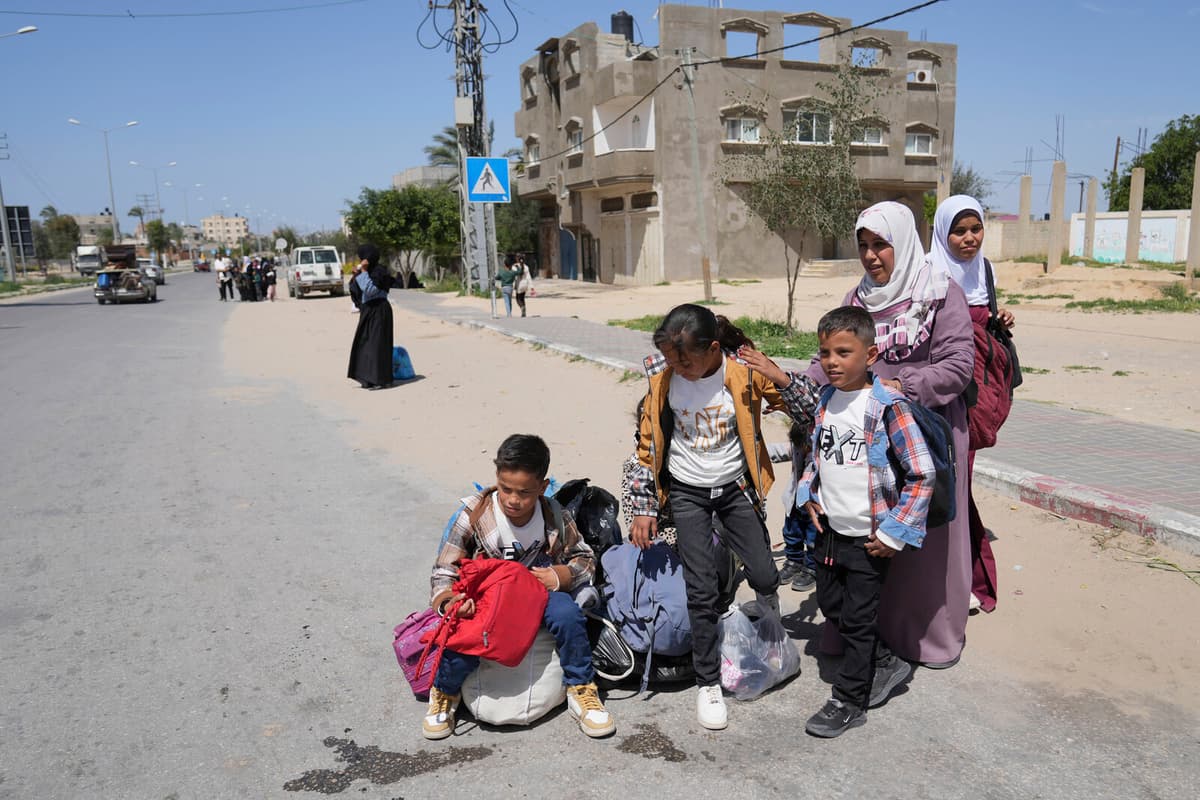The affected area constitutes around a fifth of Gaza. Before the war, around 200,000 Palestinians lived there. After a year and a half of war – and the recent weeks' intensified Israeli attacks – the area is almost empty of civilians.
So far, Israel has refrained from incorporating larger cities like Rafah into its so-called buffer zones, according to Haaretz. The reports on Rafah and its surroundings thus indicate a shift in Israel's warfare. If the plans become a reality, the Gaza Strip will be cut off from Egypt's border and practically turned into an enclave within Israeli-controlled territory.
Israel already controls large areas of the coastal strip, including a wide buffer zone along the entire Gaza border with Israel and buffer zones around the land corridors Netzarim and Philadelphi. Last week, Israel announced that they would establish another corridor cutting through Gaza, called the Morag corridor.
Rafah and its surroundings are located between the Philadelphi corridor in the south and the Morag corridor further north.
An anonymous Israeli commander believes that the military is being exposed to unnecessary risks when the buffer zone is expanded.
There is nothing left to destroy in the buffer zone. The entire area is uninhabitable for human life. There is no need to send so many soldiers to these places, he says.






